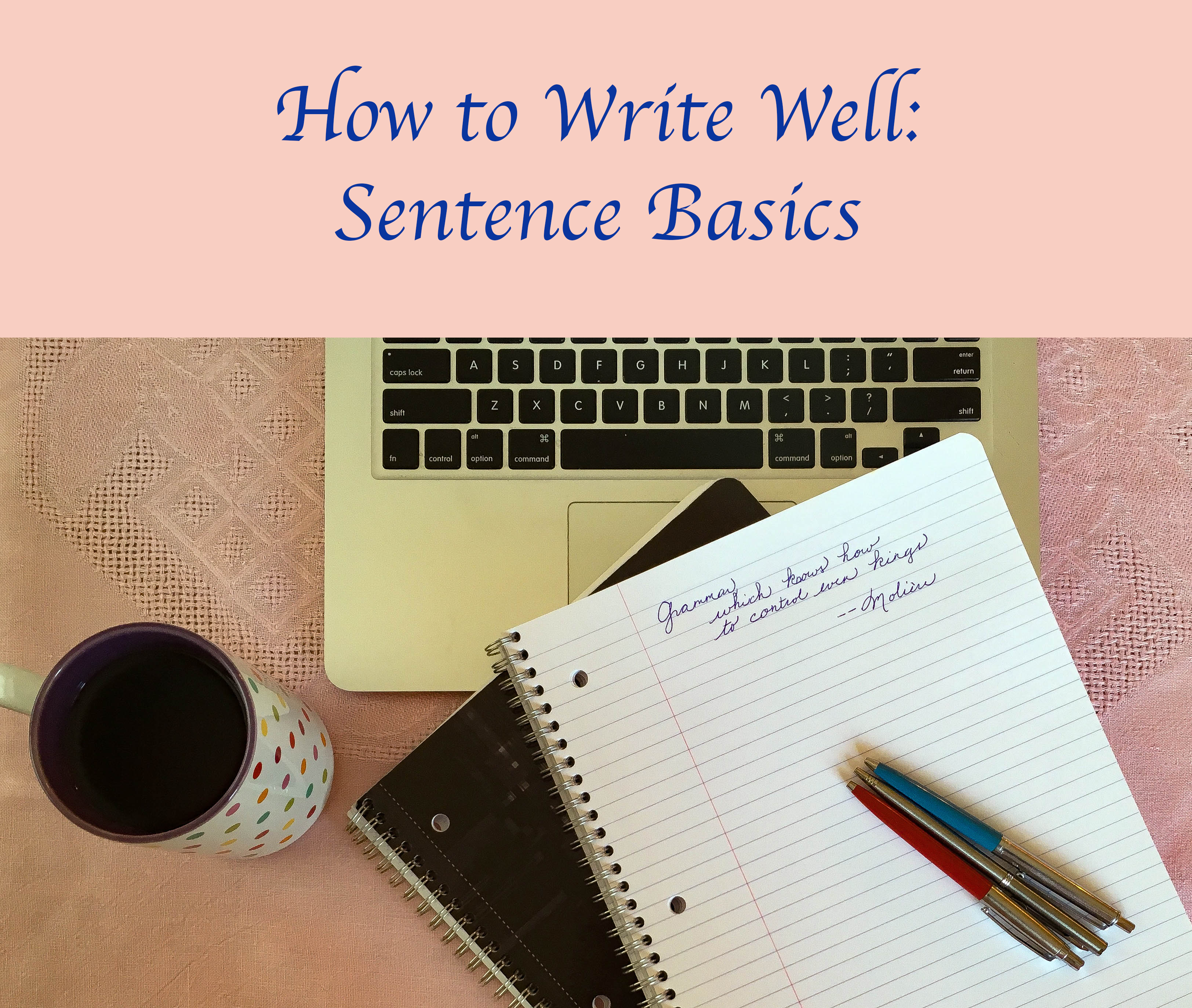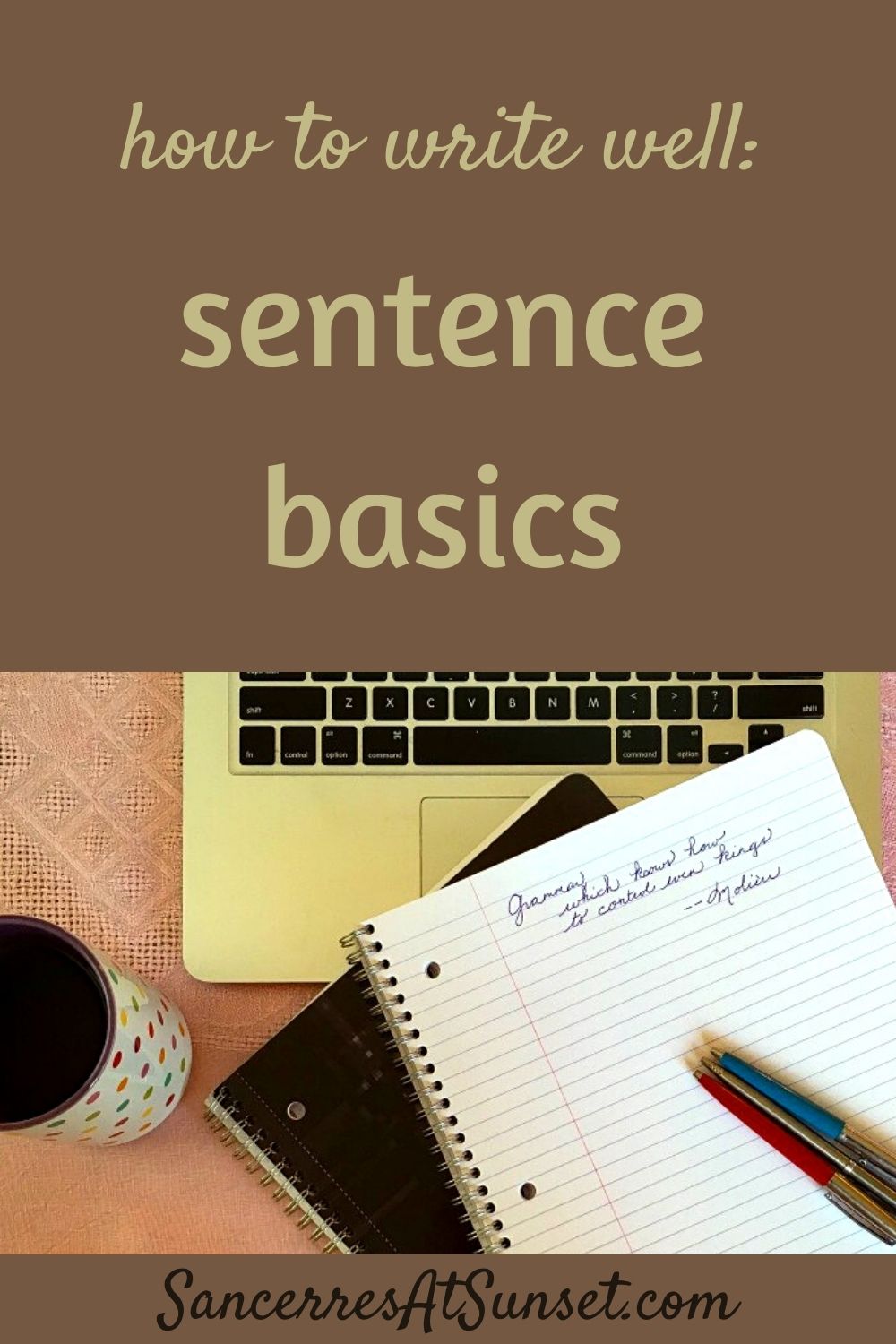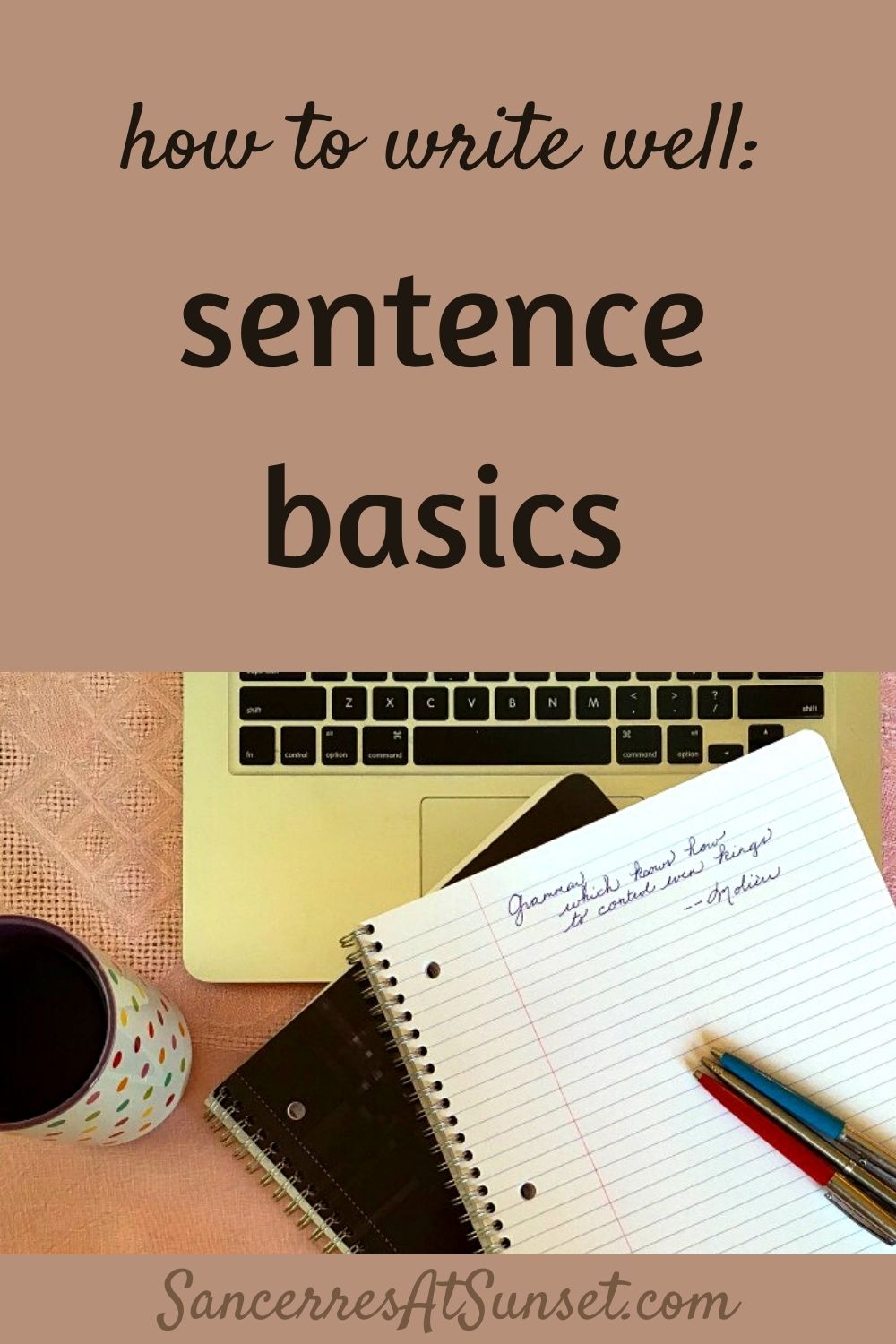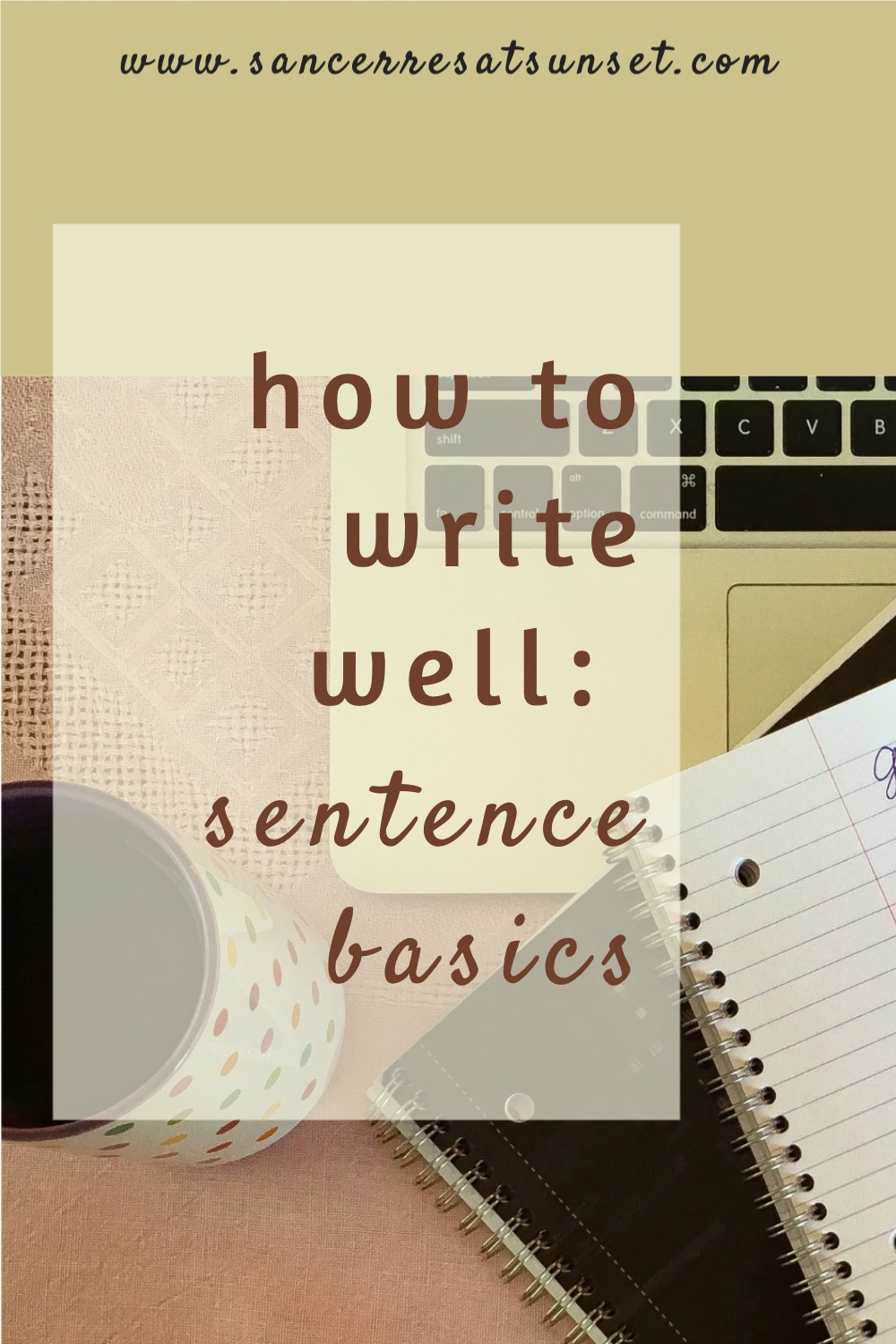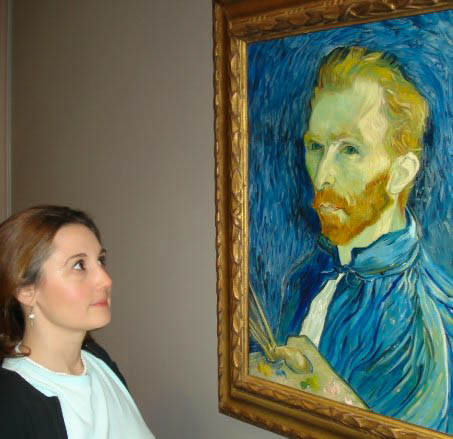How to Write Well: Sentence Basics

The next several posts in my series on writing well will address correct grammar. This post will lay out some basic definitions that will be helpful. Feel free to refer back here whenever you need a refresher.
The purpose of writing is to communicate ideas. The basic structure for communicating an idea is the sentence, the workhorse that carries your meaning to your readers. A sentence is a word or group of words that expresses a complete thought; it contains at least a subject (which can be understood) and a predicate: Leslie blogs. A predicate expresses either an action or state of being (blogs). The subject is what- or whoever does the action or exists in the state in question (Leslie).
A sentence can comprise clauses and other phrases. A phrase is a group of words: to help people. A clause is a group of words that contains a subject and a predicate; it can be dependent or independent. An independent clause expresses a complete thought: Leslie blogs. A dependent clause modifies an independent clause or part of it: because she likes to help people.
A simple sentence contains only one subject and one predicate: Leslie blogs. A complex sentence contains at least one independent clause and one dependent clause: Leslie blogs because she likes to help people. A compound sentence contains at least two independent clauses: Leslie blogs, and she enjoys it. A compound-complex sentence contains (you guessed it!) at least one dependent clause and two independent clauses: Leslie blogs, and she enjoys it because she likes to help people.
Every word, phrase, and dependent clause represents a part of speech.
Yay! Leslie blogs, and she greatly enjoys it because she likes to help people from her cozy home.
The eight parts of speech are:
Verb: expresses an action or state of being–blogs, enjoys, likes, (to) help
Noun: represents a person, place, thing, or idea–Leslie, people, home
Pronoun: stands for a noun–she
Adjective: modifies a noun or pronoun–her, cozy
Adverb: modifies a verb, an adjective, or another adverb–greatly
Interjection: expresses emotion–Yay
Conjunction: connects words, phrases, and clauses–and, because
Preposition: introduces a prepositional phrase and indicates the relationship of its object to another element in the sentence–from
Now that wasn’t so bad, was it?

After my misspent youth as a wage worker, I’m having so much more fun as a blogger, helping other discerning travellers plan fun and fascinating journeys. Read more …
